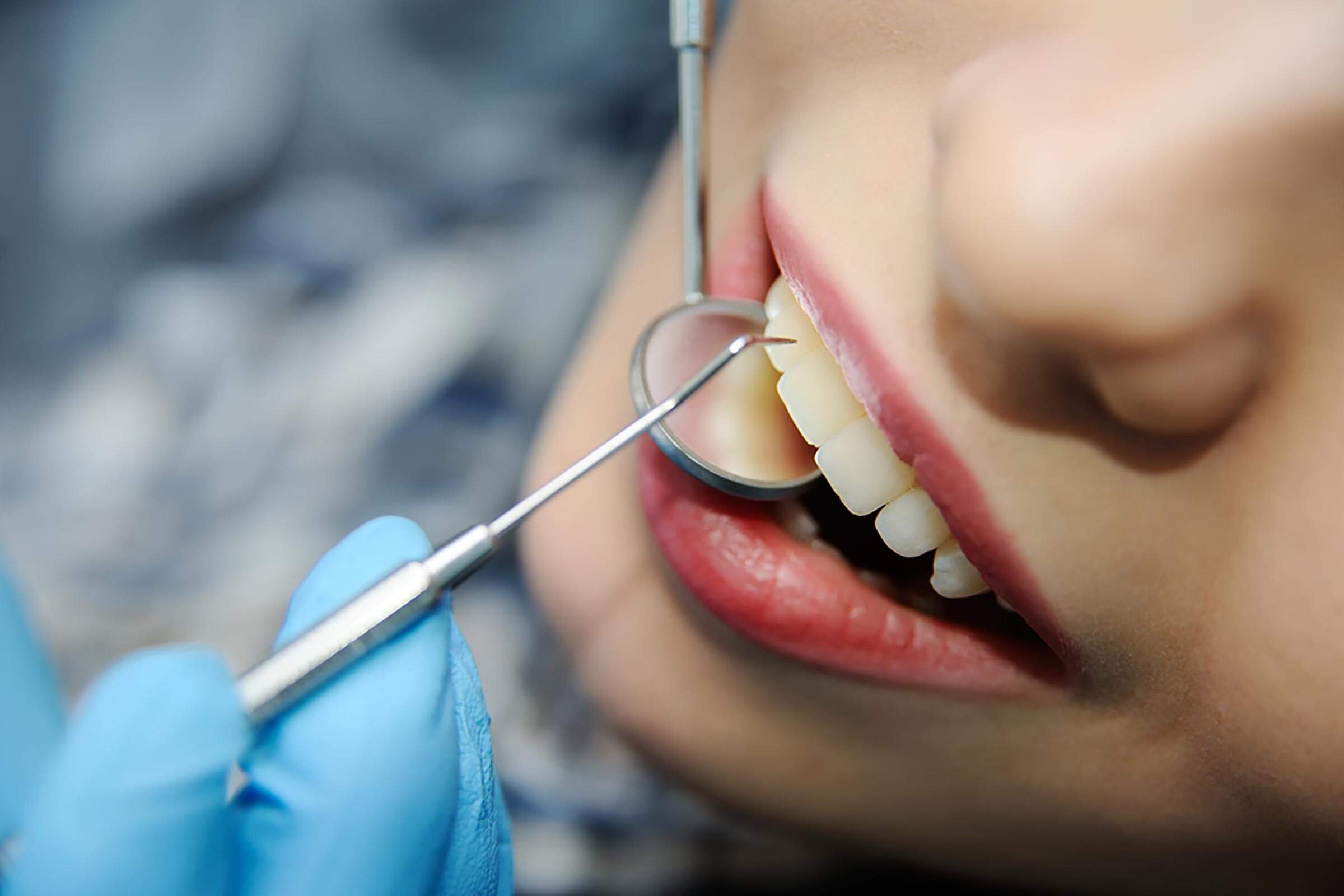It is no secret to anyone that the cigarette and all the substances that it carries are infinitely harmful to our teeth, since they are one of the main causes of dental staining, weakening of the protective enamel, accumulation of bacterial plaque and deterioration of soft tissues, between much others. However, we have heard little about the effects that tobacco can have on dental implants.
For this reason, below, we will indicate the main contraindications that this habit has on the parts of patients with dental implants or those who wish to start dental implants in Delhi.

It impairs the health of the person
Let’s start from the macro to the micro. When we talk about diseases related to smoking, the first thing that comes to mind is lung cancer, wounds in the airways, and loss of performance of the cardiovascular system. Of course, many will ask how this can affect dental implants, and the answer is quite simple because an implantology treatment can be carried out only in patients whose health is in good condition.
In other words, we can say that if the patient is an active smoker, the quality of their tissues will be extremely compromised, and this considerably reduces the chances of being an optimal candidate to receive a new denture with implants.
It severely affects the healing
Another fairly common aspect related to the habit of smoking is the deterioration of blood cells and platelets in our blood, which suggests that a high percentage of the healing capacity is eventually lost.
This is particularly detrimental to those people who are undergoing treatment with dental implants, as this may delay the recovery periods after each stage of the process. Even in particular cases of patients whose habit goes back several years, it is practically impossible to carry out said dental restoration treatment because of the risk of infections or hemorrhages.
Promotes the appearance of infections
Taking into account that the recovery of wounds and incisions made by the top dentist in Delhi during treatment may be impaired due to the loss of healing capacity, it is very common for a patient to last with open wounds for extended periods of time. In addition to the pain and discomfort that this causes, the components of a common cigarette can accumulate in these wounds and generate clusters of bacteria that, eventually, can evolve into a severe peri-implantitis.
Complicates Osseointegration
In addition to the soft tissue that surrounds the implant, the alveolar bone is the most important tissue when it comes to carrying a dental implant since it is to this that the element is fixed, and its quality depends on the duration and resistance of the solution. However, for those patients with harmful habits, it is essential to take into account that the bone tissue has weakened and this may have complications for the treatment of implantology. In this order of ideas, the dentist must study the state of the alveolar bone to determine if it is suitable or not to receive dental implants.
